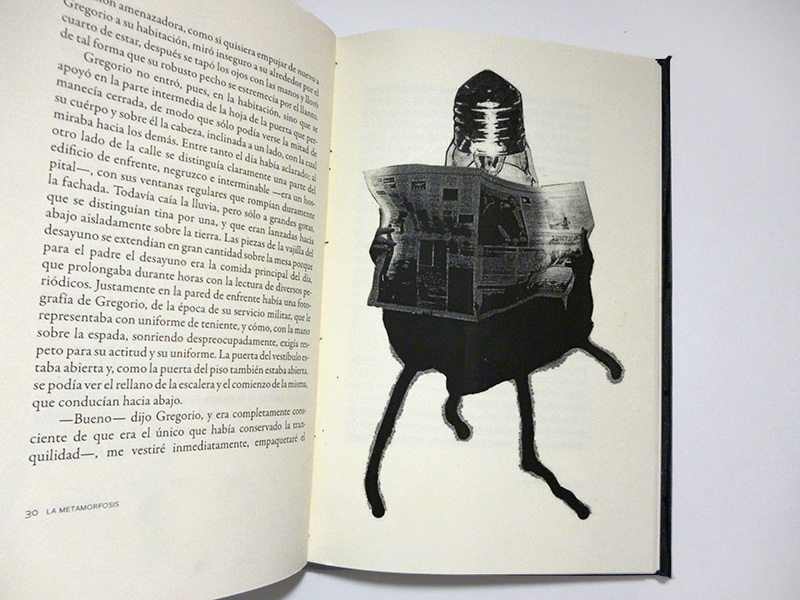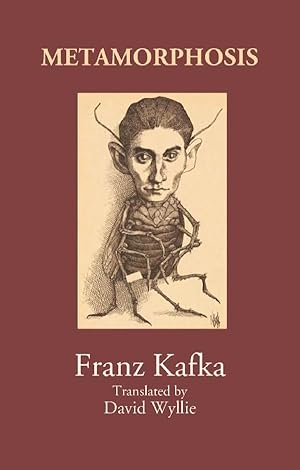

His most famous, most finished, most polished tale tests the theory. While this cautionary tale foretells its own inability to deter Kafka’s critics from offering up religious, psychological, and political interpretations of his work-the human mind, Kafka allows, probably can’t be so deterred-the injunction that we accept an allegory with no single key, a fable with no stated moral, itself marks Kafka’s modernity. when he adds to or subtracts from the plain text in trying to interpret the parable’s significance, following which, with comic sententiousness, the priest proceeds to give his own interpretive extrapolation. visits a cathedral and hears a parable from a priest. In the penultimate chapter of The Trial, the tormented Josef K. Kafka demands of readers that we not leap to the allegorical level of his stories too quickly-or at all. Or, reading the last quoted sentence more strongly, he wrote parables attacking whatever doctrines are extant, parables raising a paw-it would have to be an animal extremity, as we’ll see in a moment-against the whole edifice of Abrahamic anthropocentrism, whose Christian culmination might well be Dante’s final vision in the Paradiso of the human form fitted perfectly into the wheeling godhead. Kafka, in other words, wrote parables illustrating a theology that does not exist, that he implies but does not supply. Though apparently reduced to submission, they unexpectedly raise a mighty paw against it. They do not modestly lie at the feet of the doctrine, as the Haggadah lies at the feet of the Halakah.

But it is their misery and their beauty that they had to become more than parables. Kafka’s writings are by their nature parables. Kafka’s real genius was that he tried something entirely new: he sacrificed truth for the sake of clinging to its transmissibility, its haggadic element. (It is also to denude Dante of his strangeness, but that’s an argument for another day.) Closer to the mark than the Dante comparison is Walter Benjamin’s contention, from the shorter of his two essays on Kafka collected in Illuminations:

To say this, however, is to denude Kafka of his strangeness. Hence critics’ easy recourse to finding in his fiction crystallizations of Kierkegaard, Marx, Darwin, Nietzsche, and Freud, just as Dante is supposed to be Aquinas versified. If he did not solely intend to say that Kafka’s work narrates a journey through hell, he also meant that Kafka sums up-but in concrete images rather than axioms and scholia-modernity’s art and thought. Auden referred to Kafka as the Dante of the modern age. Selected Short Stories of Franz Kafka by Franz Kafka


 0 kommentar(er)
0 kommentar(er)
